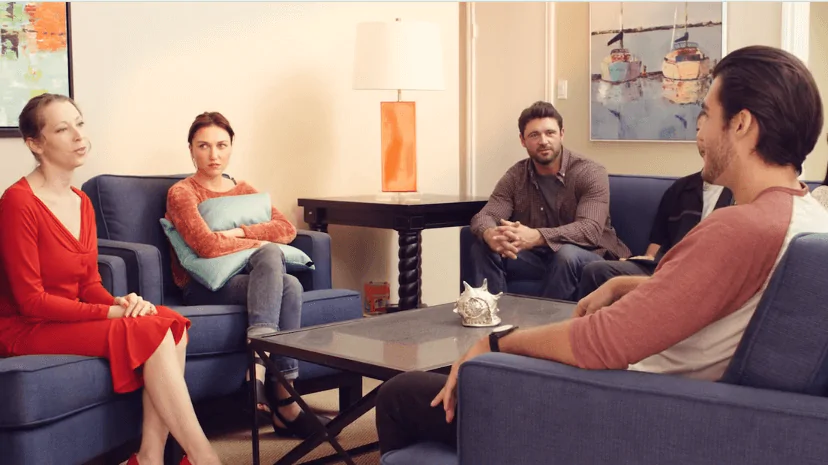24/7 Helpline:
(866) 899-221924/7 Helpline:
(866) 899-2219
Learn more about Bipolar Disorder Treatment centers in Mount Carmel
Bipolar Disorder Treatment in Other Cities
Other Categories in Mount Carmel

Other Insurance Options

Anthem

Molina Healthcare

Magellan Health

Group Health Incorporated

Multiplan

GEHA

Holman Group

Highmark

BHS | Behavioral Health Systems

United Health Care

Lucent

Amerigroup

Providence

WellPoint

Premera

Meritain

Excellus

MHNNet Behavioral Health

Regence

Magellan






WinGate Wilderness Therapy
WinGate Wilderness Therapy is a behavioral health program based in Kanab, Utah. WinGate's program he...

Expanse Wilderness
Expanse Wilderness, a branch of WinGate Wilderness Therapy, is one of the premier wilderness therapy...
























































































Southwest Behavioral Health Center
Southwest Behavioral Health Center is dedicated to provide mental health and substance abuse treatme...








